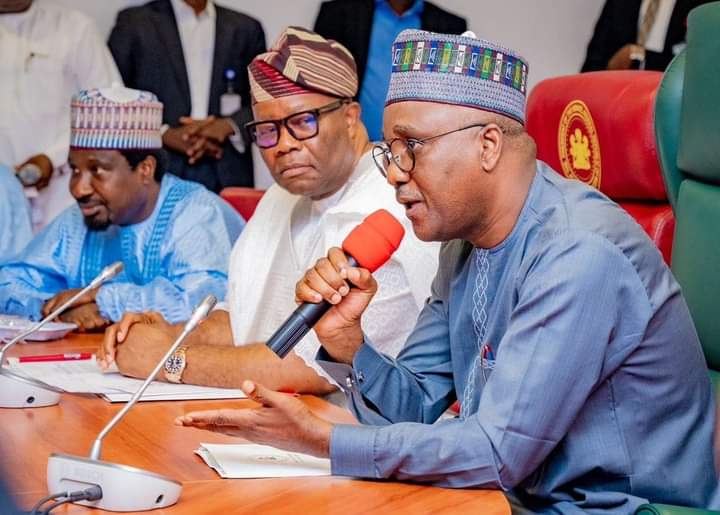The Nigeria Labour Congress (NLC) has urged the National Assembly to collaborate with the tripartite committee on the new minimum wage to establish a framework for frequent and systematic salary evaluations. This initiative aims to align wages more closely with Nigeria’s cost of living and current inflation rates.
At a conference hosted by the National Institute for Legislative and Democratic Studies (NILDS) in Abuja, NLC President Joe Ajaero emphasized the importance of legislative measures to ensure timely and appropriate wage adjustments, considering the present economic conditions. The conference, titled “Labour Reforms and the Quest for a Living Wage in Nigeria: A Focus on Legislative Interventions,” provided a platform for Ajaero to express workers’ concerns.
In his goodwill message, Ajaero called on legislators to revise the nation’s labor laws to offer better protection for workers. He highlighted the need for robust legal frameworks to address the economic challenges posed by inflation and rising living costs.
Ajaero urged lawmakers to “review and update our labour laws to reflect the realities of today’s economy and protect our people.” He stressed the importance of ensuring fair wages, safe working conditions, and protection against unfair labor practices. He also called on the National Assembly to prompt the executive to submit the bill on reviewed labor administration laws, which had previously undergone the tripartite process but appeared to be stalled by the executive branch.
“NASS should work with the tripartite to establish mechanisms for regular and systematic review of wage levels to ensure they keep pace with inflation and the cost of living,” Ajaero said. “Workers are not beggars nor slaves. We create wealth and deserve a healthy portion of it. The present angst in the country can only be assuaged by reasonable income for Nigerian people and workers.”
Ajaero also urged lawmakers to focus on strengthening social security systems to provide a safety net for workers during economic hardships, unemployment, or health emergencies. He called for laws that promote effective social dialogue between the government, employers, and labor unions to ensure balanced and fair policies. Additionally, he advocated for continuous investment in education and vocational training to equip the workforce with skills needed for a dynamic and evolving job market.
